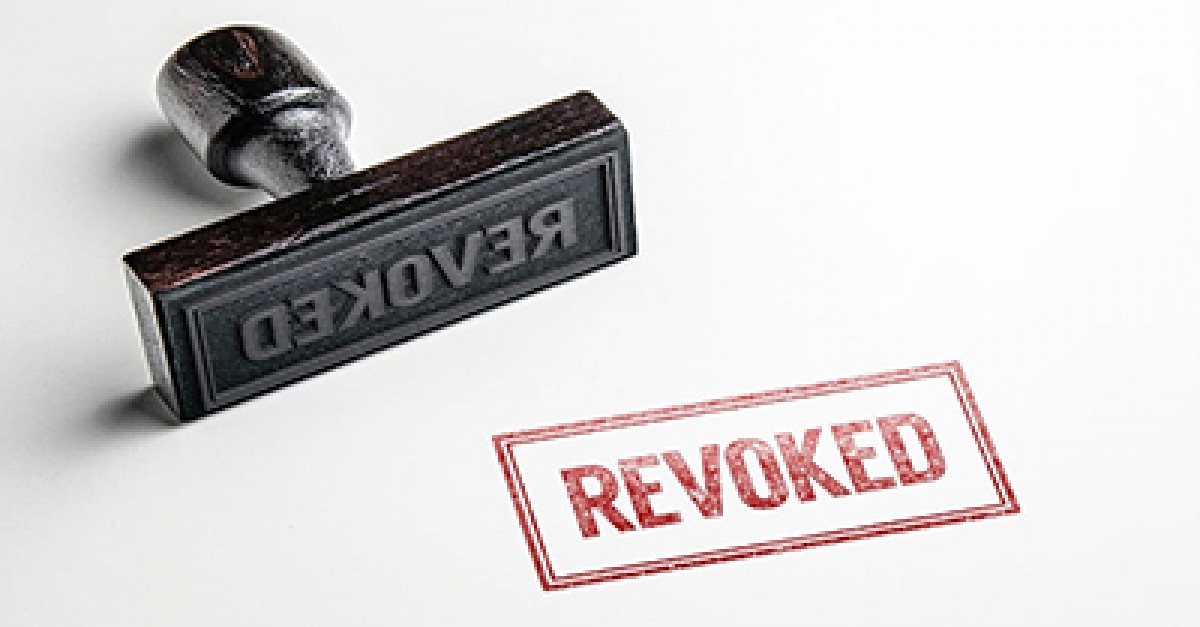Approximately 40 Victorian educators have had their Working with Children Checks revoked despite previously being banned from early childhood settings.
The investigation revealed that some children in Victorian centres had been physically abused, raising urgent questions about the effectiveness of current safeguarding systems. Although these individuals had been barred from working in childcare settings, they retained their clearance to work with children—until now.
This regulatory gap has sparked widespread concern and calls for greater transparency, accountability, and systemic reform.
The revocation of these checks is a necessary step, but it also highlights deeper structural vulnerabilities in how we vet, monitor, and respond to risk within early learning environments.
Implications for Practice
-
Audit & Review: Services should proactively review staff clearance statuses and ensure alignment with current bans or restrictions.
-
Policy Alignment: Advocate for tighter integration between regulatory bodies and Working with Children Check systems.
-
Trauma-Informed Vigilance: Embed emotionally intelligent safeguarding practices that prioritize child wellbeing and educator accountability.
-
Documentation Reform: Co-design tools that flag social-emotional red flags, peer dynamics, and adult–child interactions with clarity and compassion.
Reference:
Working With Children Checks Revoked For 40 Workers in Victoria







 World Read Aloud Day (4th Feb) is a global celebration of the power of stories, voices, and connection. For early childhood services, it’s a perfect
World Read Aloud Day (4th Feb) is a global celebration of the power of stories, voices, and connection. For early childhood services, it’s a perfect